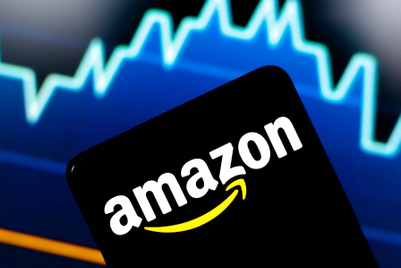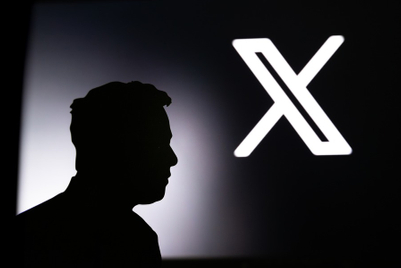
The milestone number follows an announcement by Twitter that it would be expanding its sponsored Tweets service to include promotional Tweets from brands that users don't actually follow themselves. As TheNextWeb put it, "The ads are slated to appear when you 'like' the follower of a brand. So if you tweet about airlines or travel a lot, even if you’re not following Delta (Airlines), you might see one of their ads."
Nevertheless, reporters at last week's press conference found Twitter tight-lipped about the success of its advertising business. Costolo does however expect advertising to be the microblogging service's main source of revenue. While he assures users they won't be inundated with annoying advertising, many remain skeptical.
However, a recent study by research firm Lab24 has found that promotional Tweets are annoying to only 11 per cent of US Twitter users. 25 per cent find the advertising tweets "relevant" to them. Over a fifth have obtained discounts and some (22 per cent) have even decided to more regularly follow brands thanks to promotional Tweets. Additionally, 14 per cent have even re-tweeted a promoted entry.
Eden Zoller, principal analyst at Ovum, commented that Costolo's claims about the success of Twitter's revenue model lack reassurance without hard figures. " 'Exceeding expectations’ is tired fudge used by too many companies," he wrote.
Twitter's lack of willingness to be more transparent could also be linked to its distinterest in listing publicly. The service recently closed a new round of funding, its seventh, for US$400 million which places the company's value at US$8 billion.
This vote of confidence is a welcome one considering Twitter is the process of adjusting to its recent management reshuffle - with Costolo's promotion to CEO last October, and the departure of one of its founders, Biz Stone. Despite the influx of cash however, Costolo is still facing increasing pressure from shareholders to float the company.
"Costolo does not want to float Twitter until he has built a robust advertising business, which is understandable, but there is mounting pressure for Twitter to go public. In order to buy time, keep shareholders happy and the advertising community prepped, Costolo needs be more transparent about how well the business model is performing rather than just quote stats, however good they may be," said Ovum's Zoller.


.jpg&h=334&w=500&q=100&v=20250320&c=1)


.jpg&h=334&w=500&q=100&v=20250320&c=1)


.jpg&h=334&w=500&q=100&v=20250320&c=1)










